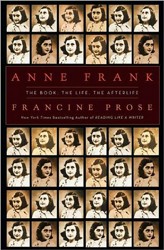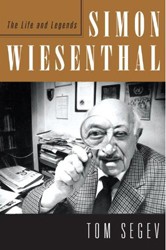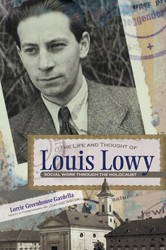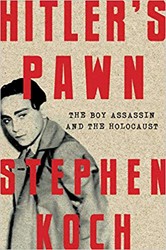On January 27, 2005, the Spanish parliament, for the first time, held a ceremony to commemorate International Holocaust Remembrance Day. In attendance were Spain’s prime minister, Madrid’s chief rabbi, the Israeli ambassador to Spain, and other dignitaries. At this historic event, Enric Marco delivered a tremendous speech on behalf of the Spanish survivors of Nazi concentration camps. This moment marked, for him, the height of his public adulation and success.
Unbeknownst to his admirers, Marco was a con man, enacting a giant hoax that he presented as his life.
Although he did not unmask him (that credit goes to Spanish historian Benito Bermejo), novelist and journalist Javier Cercas has written an account of the imposter, peeling the onion skin, as he describes it, to try to get to the man himself — to uncover how and why Marco did what he did, how he succeeded, and ultimately, to have him acknowledge his lies. In this way, The Imposter is the story of both Marco and Cercas; Cercas masterfully interweaves their stories and the effects each had on the other.
Cercas is anything but dispassionate in unravelling Marco’s past, and along the way raises thought-provoking, frequently disturbing questions: Is there such a thing as a “good” lie? Do the intentions of the liar matter? What is the difference between writing fiction and falsifying one’s life? If fiction reveals truths, can lies do the same? What does Cercas’s own work as a novelist mean alongside Marco’s work as a con artist?
Cercas turns Marco’s story into a dramatic thriller — albeit one not propelled by action, but by questions, ideas, investigations and self-doubts — in order to complete the puzzle of a man whose imagination transformed him into a public hero. To his great credit, Cercas does not portray Marco as a sympathetic figure, tempting though it may be at times.
Marco — who is not Jewish and is today nearing one hundred — did not begin reinventing himself with the Holocaust, but with the Spanish Civil War, claiming he had fought against Franco and was forcibly sent to Germany. Only much later, in the late ‘90s, when Spain began to face its wartime past, did his trajectory as a self-described concentration camp survivor begin its steady ascent. This, as it turned out, is what led to his dramatic downfall in 2005.
It was all a hoax, perpetuated by “a shameless charlatan, a peerless trickster,” a consummate egotist with an unquenchable need for fame. At the same time, he was charismatic, charming, and an eloquent speaker — a man who understood that big lies are comprised of small truths.
Marco was not the first to falsify Holocaust memory. Jerzy Kosinski did the same with his 1965 book The Painted Bird, purportedly about his wartime childhood. The book became a classic of Holocaust literature, and was only revealed to be the complete fiction it was in 1994.
In 1996, the childhood memories of one Binjamin Wilkomirski appeared in English as Fragments: Memories of a Wartime Childhood. This time, not only were the memories false, but so was the author — there was no Binjamin Wilkomirski. Bruno Doessekker, who is not Jewish and lived in Switzerland his entire life, took the name.
With The Imposter, Cercas shows how Marco fictionalized his life and excelled at duping everyone around him, until brought down by the truth.





